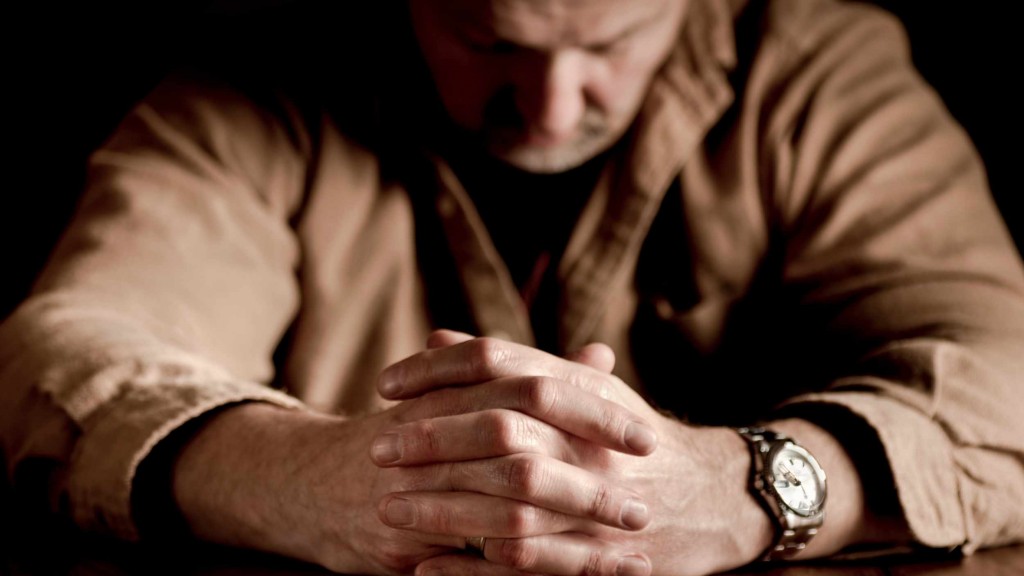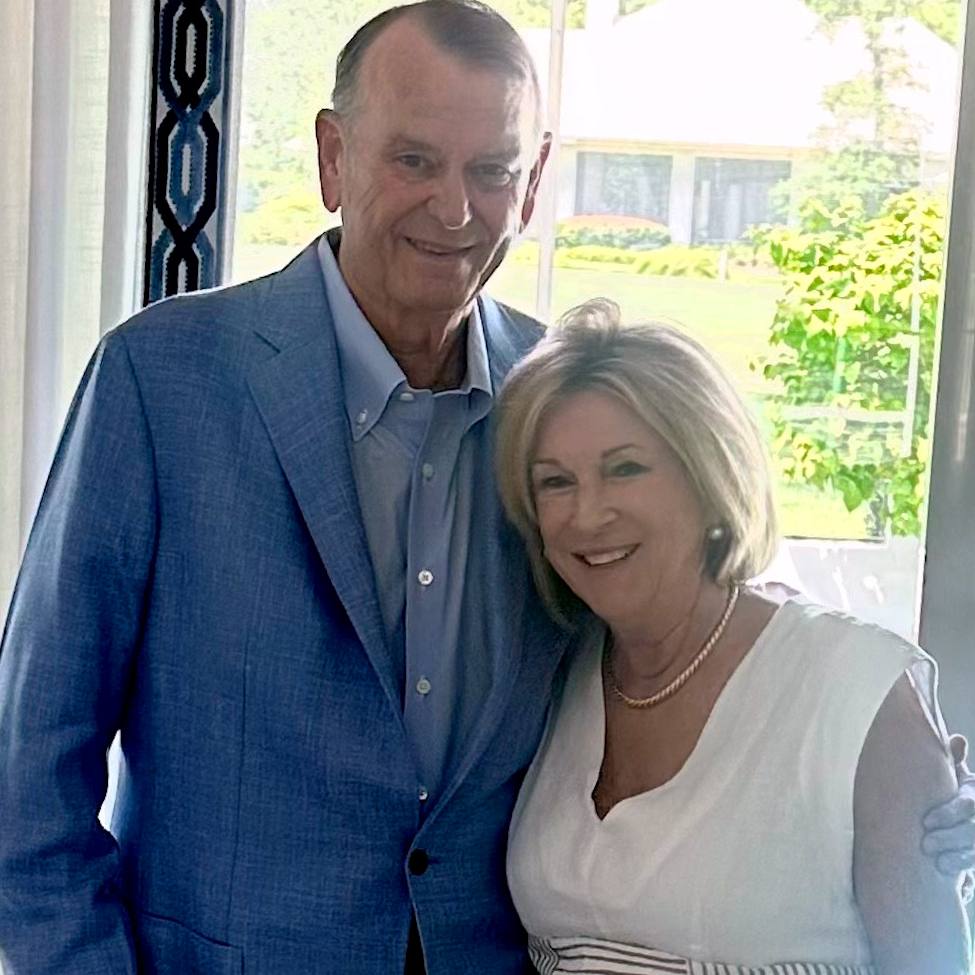-
Grief and the Holidays
Holidays can be a wonderful time of year. Commonly, this is a time to gather and celebrate with family and friends. For someone who has experienced the death of a loved one, those sights, sounds and smells remind them of what they don’t have this holiday season. The emotions and physical reactions of grief may affect them more strongly than anticipated," says Jessie Wolf, licensed independent clinical social worker at Mayo Clinic Health System.
Be aware of and acknowledge the emotions and physical reactions experienced. People facing grief may be tempted to isolate because being around people takes a lot of effort. They may feel sad, easily overwhelmed, sapped of energy, tearful and angry. Having these feelings during the holiday season can be hard, but know feeling this way is acceptable. Responses such as these show how much you love and miss your friend or family member.
Things to remember
Wolf explains some things to consider when feeling or witnessing holiday grief:
- Grief doesn’t stop or end because of the holiday.
- Grief knows no timeline.
- Grief can feel heavier during the holiday season because the focus is on being with loved ones.
- Continue to be mindful of speech. Many people offer condolences by saying, “They’re in a better place” or “Everything happens for a reason” or “Don’t feel guilty” or “It’s not your fault.” Statements such as these are intended to help the bereaved person feel better. However, these comments minimize the person’s feelings and don’t allow for further conversation. Alternatively, ask questions and create an environment that fosters dialogue.
- Offer a supportive presence, and don’t try to fix or make everything better. Acknowledge their emotional state, and avoid telling them not feel what they’re feeling. Prescribing their emotions can result in them no longer being comfortable sharing. It’s okay to feel the feelings.
- Be gentle with yourself and know the holiday time will be difficult. Embrace the notion that undergoing a variety of emotions during the holidays is normal.
- Develop a backup plan for the holidays. For example, carve out time to attend a family event. It’s also important to have a backup plan. If you should feel overwhelmed the day of an event or any other time, go with plan B.
- Be open and honest with your family and friends by letting them know your plans may change based on how you feel that day.
Memorialize
Helping to memorialize a person who has died can be cathartic and bring joy to a potentially challenging holiday season. Remember your loved one as a family or friend group — make their favorite food, share memories at the table, leave their favorite spot at the table open, go through scrapbook or light a memorial candle. Additionally, you could donate a gift to charity in your loved one’s honor or do something nice for someone else in their memory. Choose to do something that’s special to you and your late loved one.
"If your symptoms feel unmanageable or you need additional support, please connect with a mental health or primary care provider," says Wolf.








